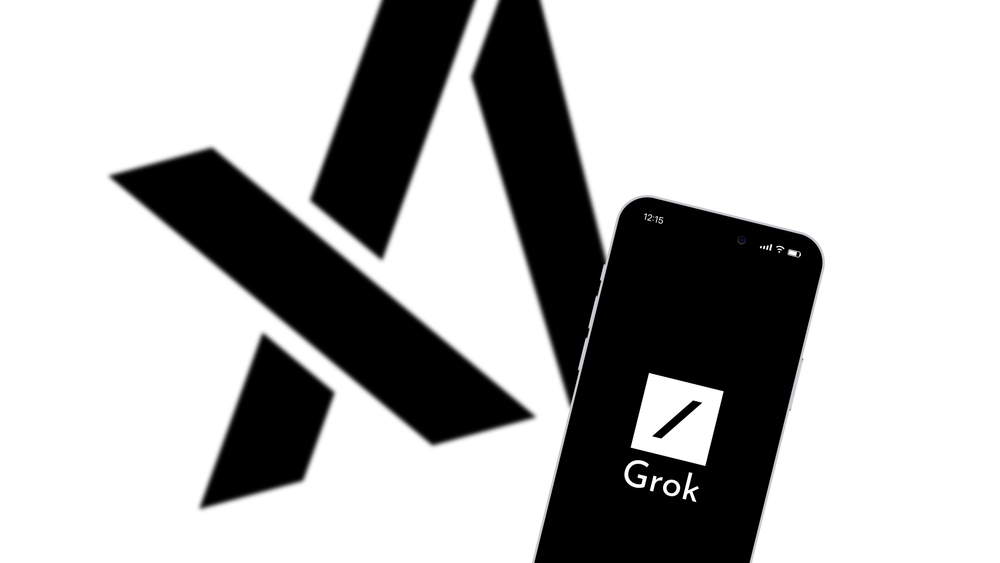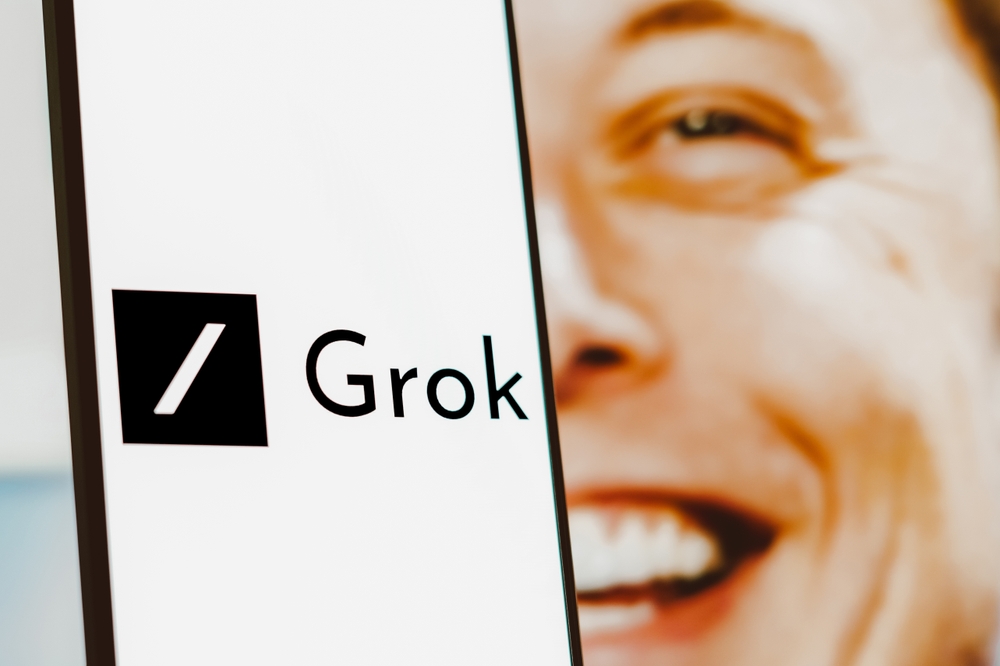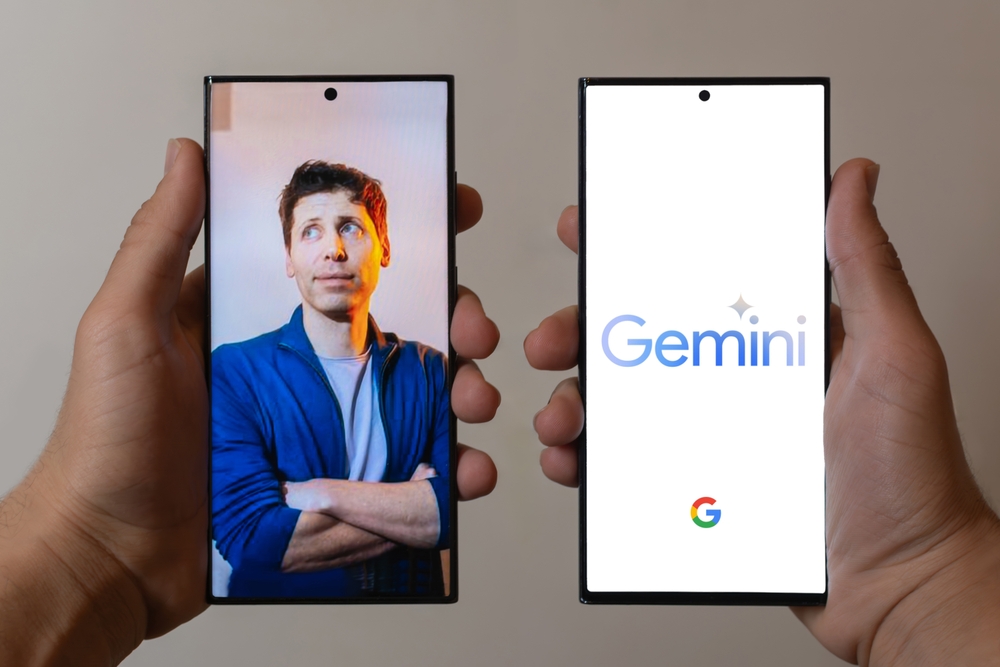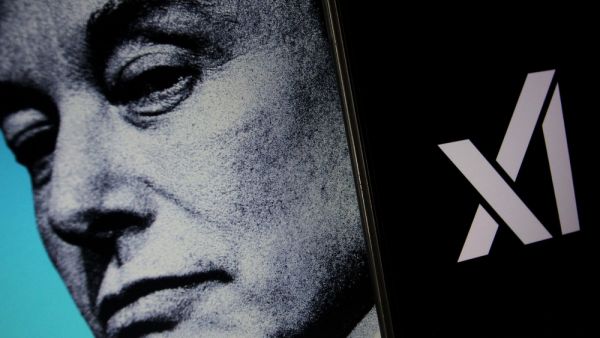Musk’s AI hopes to compete with Open AI’s ChatGPT and Alphabet’s Gemini AI
ALBAWABA – Elon Musk’s AI startup, xAI, seeks to raise $1 billion in hopes to compete with OpenAI’s ChatGPT and Google’s long-awaited Gemini AI, launched on Thursday.
An official filing with the US Securities and Exchange Commission on Tuesday said xAI, the company Musk created earlier this year, had already raised $134.7 million and aims for $1 billion overall.
The filing added that there was a firm agreement to raise the full funds, indicating that Musk may have deals in place for the full billion, according to Agence France-Presse (AFP).
Musk last month offered a preview of his company's ChatGPT-like chatbot, called "Grok," which he said was trained on data from X, formerly Twitter, that Musk bought for $44 billion a year ago, AFP reported.

Musk’s AI startup to raise $1 billion after Grok AI was launched last month - Shutterstock
Meanwhile, Google’s mother company Alphabet had been preparing for the launch of the long-awaited AI model, Gemini, which was launched on Wednesday, according to Reuters.
Musk’s AI startup is just under a year behind OpenAI and Google
Google’s Alphabet announced the introduction of its most advanced AI model yesterday, capable of crunching different forms of information such as video, audio and text, Reuters reported.
Apparently, Gemini AI is capable of highly sophisticated reasoning and of understanding information with greater degrees of nuance than Google's prior technology, known as Bard, the company said.
Since the launch of OpenAI's ChatGPT roughly a year ago, Google has been racing to produce AI software that rivals what the Microsoft (MSFT.O)-backed company has introduced.
Musk had announced his interest in joining the AI race but has only recently gone public with his company’s AI model, having fallen significantly behind in the AI race against OpenAI and Google.

Musk’s AI stratup, xAI, last month introduced an AI-powered chatbot called Grok - Shutterstock
The wealthy entrepreneur and founder of electric carmaker Tesla started xAI in July after hiring researchers from OpenAI, Google DeepMind, Tesla and the University of Toronto.
He said that the company was missioned to "understand the true nature of the universe", as reported by AFP.
Since ChatGPT exploded on the scene a year ago, AI has become an area of fierce competition between tech giants Microsoft and Google, as well as Meta and start-ups like Anthropic and Stability AI.
Musk’s AI races to catch up to ChatGPT, Bard and Gemini AI
OpenAI reportedly secured commitments worth $13 billion from Microsoft earlier this year to finance its advance, even as it recovers now from the turmoil involving OpenAI CEO Sam Altman.
Altman was fired and then reappointed, as OpenAI CEO, and the company’s board of directors was reshuffled as a condition of his return.
Musk's AI funding round came amidst all the chaos at OpenAI.
According to reports, OpenAI was planning an imminent share sale that valued the company between $80 and $90 billion, but that sale has been delayed because of the boardroom chaos.
On the other hand, Google has gone live with parts of the new Gemini model technology integrated into its AI assistant Bard on Wednesday. But the company said it plans to release its most advanced version of Gemini through Bard early next year.

Musk’s AI aims to raise $1 billion as Alphabet launches Gemini nearly a year after OpenAI's Sam Altman (L) launched ChatGPT - Shutterstock
Alphabet is making three versions of Gemini, each allocated to use a different amount of processing power. The most powerful version of the model is designed to run in data centers, and the smallest will run efficiently on mobile devices, Alphabet said.
Gemini is the largest AI model that the company's Google DeepMind AI unit has helped make, but it is "significantly" cheaper to serve to users than the company's prior, larger models, DeepMind Vice President, Product Eli Collins told reporters.
"So it's not just more capable, it's also far more efficient," Collins said.
The latest model still requires a substantial amount of computing power to train, but Google is improving on its process, he added.
Alphabet also announced a new generation of its custom-built AI chips, or tensor processing units (TPUs), as per Reuters. The Cloud TPU v5p is designed to train large AI models and is stitched together in pods of 8,960 chips.










